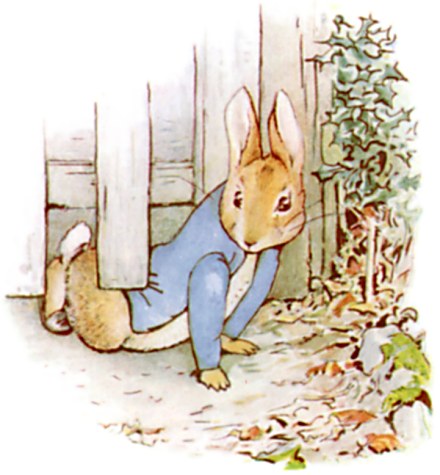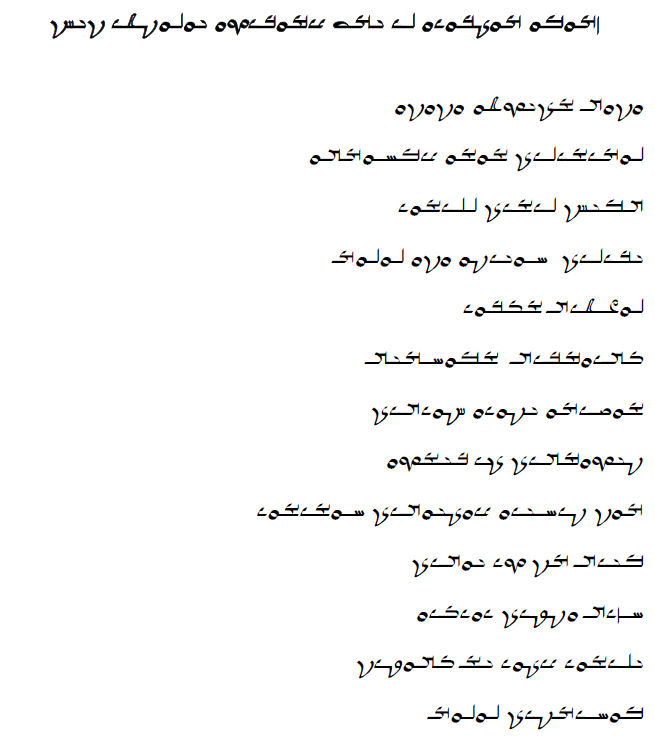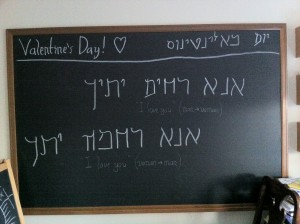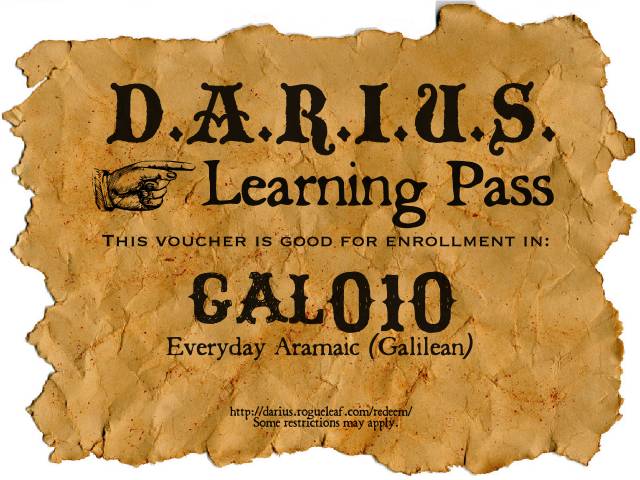Where it looks like all publishing companies who have expressed any interest in The Tale of Peter Rabbit in Galilean Aramaic have also expressed regrets that it would be impossible to get published by Easter this year, I am now in the midst of planning to follow in the footsteps of Beatrix Potter, herself.
Not many people know that before Frederick Warne picked up Peter Rabbit as its official publisher that Ms. Potter had a private printing of some 250 books made to distribute to her family and friends. (Another neat tidbit was that among those who obtained a copy from that first run was Sir Arthur Conan Doyle, who bought a copy for his children.)
The first private printing was so popular that it ran out, so she had a second private printing of 500… which also quickly ran out.
Now, since there have been a significant number of individuals who have contacted me, asking when it’ll be ready for purchase, I don’t wish for them to be disappointed.
As such, an initial “private” first edition of 250 seems to be just about right with hope it’ll be just as popular. 🙂
This week I’ll be dedicating to editing the manuscript and compiling the glossary, and once those two things are taken care of, I’ll be setting up some means for pre-ordering.
If all goes well, I’ll also be able to reach my goals for affordability, as children’s books in ancient languages “ain’t cheap.” The Little Prince in Syriac goes for nearly $30 (yikes!), where Harry Potter and the Philosopher’s Stone in Latin goes for $25.
Peter Rabbit on the other hand (and with much negotiation on Ms. Potter’s part) originally sold for a shilling. In modern currency that’s roughly $10 (depending on how you calculate it) so I figure that $10 is a good enough price to shoot for. If it’s not affordable, why bother?
In any case, wish me luck and there’ll be more news on this front soon. 🙂
Peace,
-Steve





